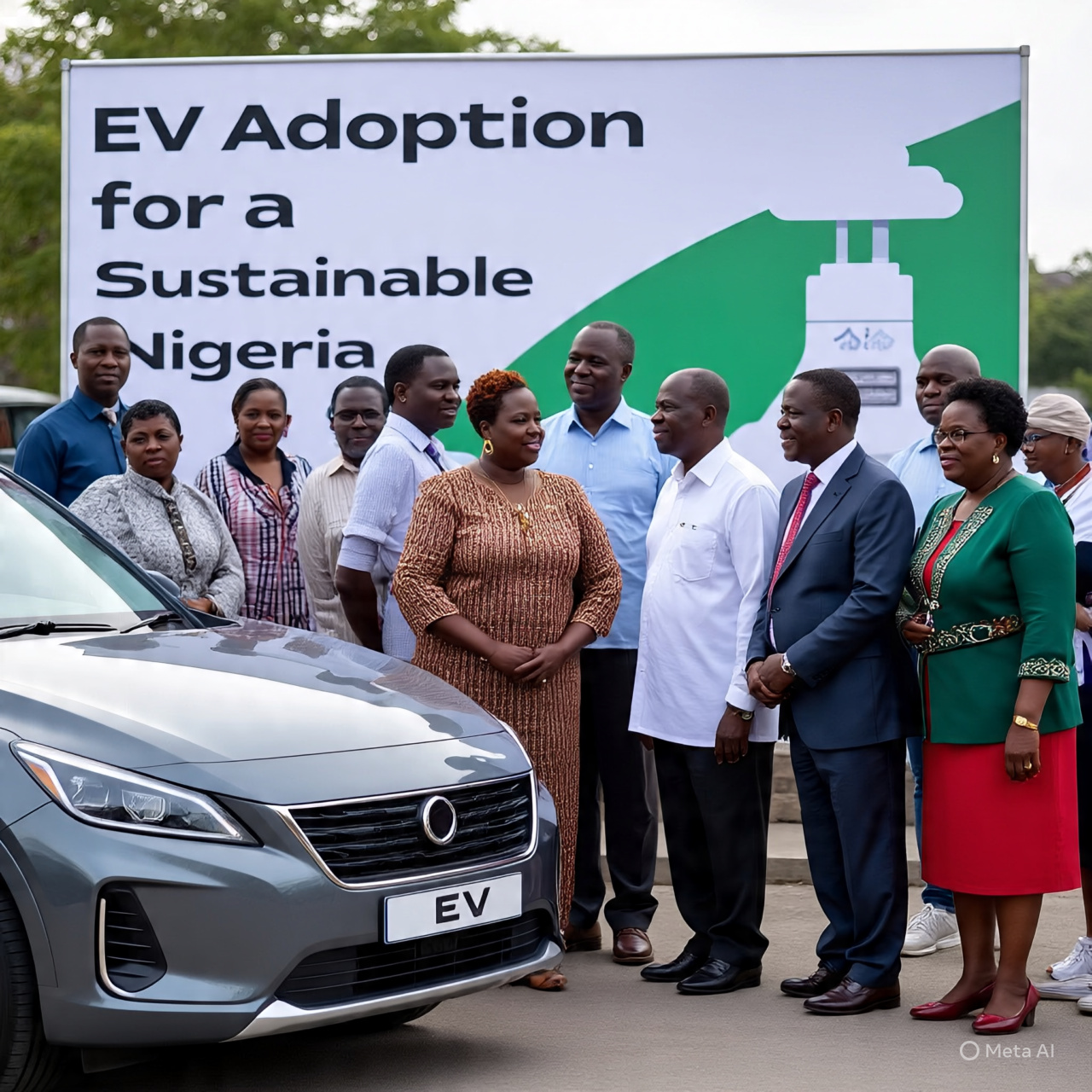A Shift to Electric Vehicles: The Solution to Nigeria’s Air Pollution
Nigeria’s road transport is a major source of air pollution. Millions of petrol and diesel cars release large amounts of carbon monoxide and other harmful gases. To combat this, Nigeria should switch to electric vehicles (EVs). EVs have no tailpipe emissions and can help clean up the air.
The Environmental and Economic Benefits of EVs
A petrol car emits about 2.3 kg of CO2, but an EV emits none. If Nigeria replaced just 20% of its cars with EVs, it would prevent millions of tons of CO2 emissions each year. This is especially true if EVs are paired with clean energy sources like solar power.
EVs can run on solar energy, so they don’t need power from the grid. Imagine drivers charging their cars at home with solar inverters instead of buying petrol. This would dramatically lower our carbon footprint and free us from rising fuel prices. Additionally, EVs last longer and require fewer repairs than petrol cars, which means less mechanical waste.
The Path to a Greener Future
Adopting EVs alone won’t create a perfect green utopia, but it’s a huge step forward. This move would also help Nigeria meet its pledge to cut greenhouse gas emissions by 47% by 2030. Combining EVs with renewable energy will put the country on track for cleaner air and a healthier climate right now.

